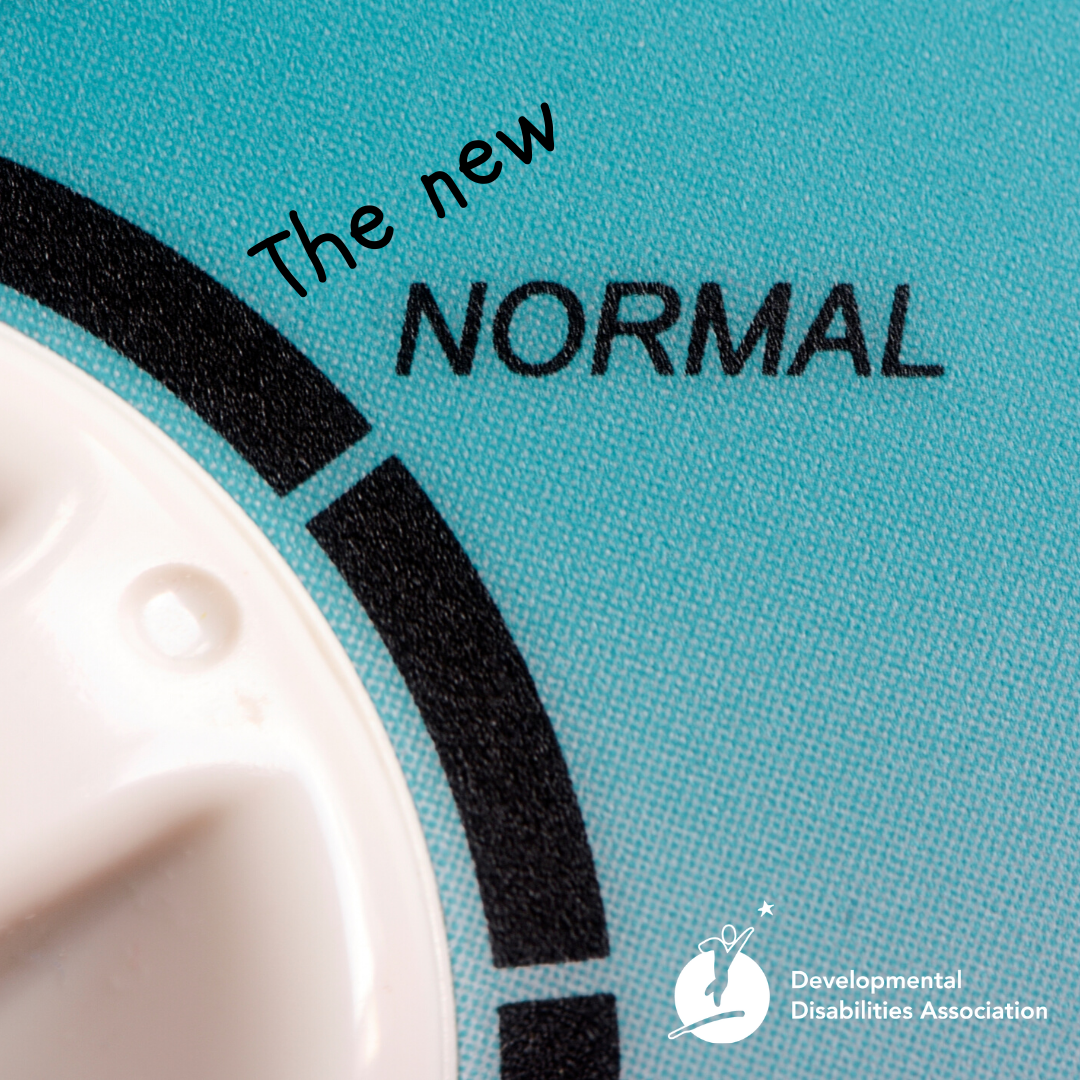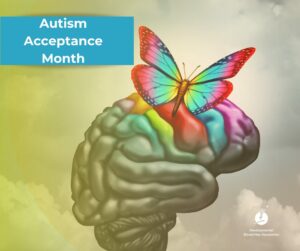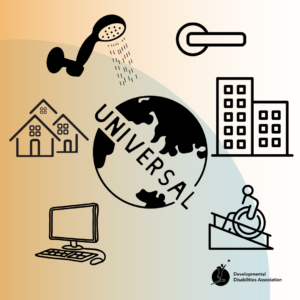With the COVID-19 pandemic still ruling our lives, it looks more likely that homeschooling and isolating our kids and youth will be the norm until September. By then things should be somewhat back to normal.
For parents of children with special needs, now can be a time of elevated stress and concern for the ongoing development of their loved ones. Routines are different, and access to teachers and support is limited at best. Most parents have made a transition to homeschooling their kids with the help of school districts via the Internet and online portals. However, a change of routine for those with special needs can be tougher to deal with for the child and parent alike. Here are some things to think about for families with special needs as staying home is the new normal.
Are there triggers in your home that aren’t at school? For those kids on the spectrum sensitivity to noise could trigger an outburst. In addition to a change in routine, their sensitivity might be slightly increased making them more susceptible to their usual triggers. Do a quick scan of your home and mitigate it as much as possible.
One of the most important things to consider when dealing with your child is to instill a sense of calm as best as possible. Even for typically developing children and youth, there may be a sense of fear and concern about the future. They may not understand the implications of COVID (maybe you don’t either) and that can be confusing. Encourage activities they like, and consider new, fun activities to get them involved in.
Empathy goes a long way
Another aspect of creating a sense of well-being in your child is simply being empathetic to the change they are going through. Their feelings need to be validated. Let them know it’s ok to feel upset and that this isn’t going to last forever. They don’t have their routine, usual desk, or related equipment they use to guide themselves through their daily life at school. Socialization and communication development are so important to people with developmental disabilities, parents should make sure to somehow build lots of communication and social activities into their routine, even if it’s FaceTiming with relatives, school friends or educational assistants.
For kids with developmental disabilities, a sudden change in routine could lead to meltdowns and angry outbursts. Establishing a routine that tries to mimic the school day is a great start. Start times, break times, lunchtime, and even outside play, if possible, should be like that of the school schedule. That means no late-night TV or video games, and getting up at the usual time as if you were heading to work and school. Incorporating a new routine of handwashing is fun and instills a sense of safety and protection for you and your child.
When homeschooling your child make sure you’re moving at their pace of learning. If you end up going over math or reading skills they’ve done before, that’s ok. If there was something in school they really liked to focus on, do it at home. As well, make homeschooling lessons shorter if need be. If they were doing math for 40 minutes at school, do it for 20 minutes at home and take a short break. One of the good things about homeschooling is you have the ability to focus on your child’s strengths rather than highlighting mistakes and weaknesses. Plenty of positive reinforcement for a job well done will ease the transition.
Fresh air does a body good
When done with schooling for the day get outside. If you have backyard space, utilize it as much as possible. If not, go for a walk while maintaining proper social distancing. The latest information indicates you’re less likely to catch COVID-19 while outside. As long as you’re not engaging in groups you should be able to spend some time in the sun. However, you must always be cognizant of public health guidelines before doing so.
You can’t do everything to make this transition flawless and without issues. Give yourself some credit for doing the best you can. Whether you usually get help from friends, family, or other caregivers, your respite options are likely no longer available for the time being. When you can, take some time for yourself to recharge your batteries.



